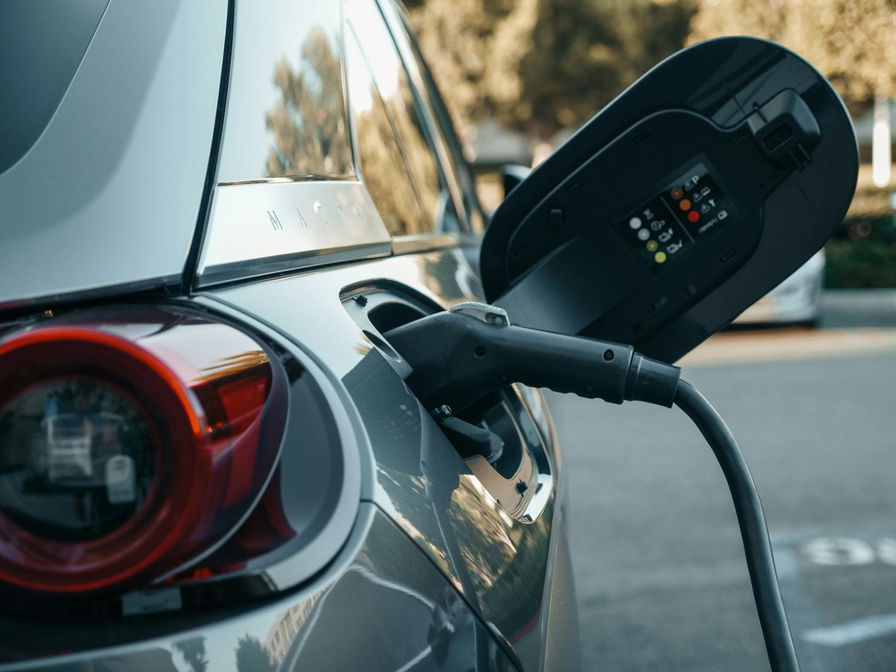A few days before the start of the European Union’s competitiveness council, set for 28 November, Acea has appealed to member states to overcome their differences and agree on a postponement of the introduction of the new limitsi on carbon dioxide emissions for vehicle fleets, expected from 1 January 2025.
Acea, representative of the European automotive industry, reiterated its commitment to the 2050 climate neutrality targets, underlining the challenges posed by reducing CO2 levels in a deteriorating economic context and a demand for electric cars that is not taking off as expected. “The clock is ticking, and manufacturers risk having to face complex challenges,” the organization reports in an official note.
“Homes bear the brunt of this transformation, hampered by factors beyond their control, such as inadequate infrastructure and insufficient incentives.“declared Sigrid de Vries, director general of Acea. The organization hopes that dialogues between member states will lead to practical solutions to mitigate the burden on the industrysuch as the introduction of long-term adjustment periods and the possibility of accumulating and using CO2 credits from one year to the next.
The success of this strategic maneuver is considered crucial to maintain the competitiveness and sustainability of the automotive sector in Europefitting into a balance between the need to reduce immediate costs and maintaining the obligations imposed by the ecological transition.
The transition to fully electric fleets is hampered not only by battery production and technology, but also by the lack of adequate infrastructuresuch as charging stations, and by incentive policies that are not always sufficient to stimulate demand. The discussion about the environmental impact and sustainability of the automotive industry is therefore a delicate balance between technological progress, economic needs and ecological responsibility. History teaches us that innovations often follow necessity; it remains to be seen how the industry – politics – will respond to the current challenges.
Source: www.tomshw.it


